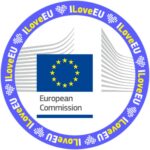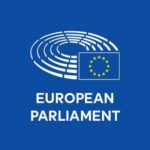EU grants: “A European public sphere – a new online media offer for young Europeans”
29 July 2022
Photo credits, George Milton from Pexels
The call for proposals “A European public sphere: a new online media offer for young Europeans” seeks to bring the EU closer to young people, encourage them to become active citizens and connect them across borders. In doing so, it also contributes to the European Year of Youth 2022.
The objective of this action is to increase the availability of online information, in different languages, around European topics that affect young people across the EU, presented in engaging formats and through multiple viewpoints. Projects should seek to generate engaging discussions and organise youth events. The grant agreements will include a charter of independence to make sure that grantees are editorially-free and operate without any political interference.
Projects should start around March/April 2023 for an indicative duration of 18 months.
The Commission expects to fund 3 or 4 proposals, with a maximum grant set at €3.5million. The maximum rate of co-financing is 80% of eligible costs, applicants may propose a lower co-funding rate.
Expected results
- Collaboration between at least five organisations from five EU Member States;
- Creation of daily, thought-provoking content around current affairs, through innovative cross-border editorial processes;
- An outreach plan, to reach as many young Europeans as possible;
- Distribution via own channels, partner websites, blogs and/or social media networks;
- Engaging discussions and youth events.
Context
Following two pilot projects in 2020 and 2021, this Call for Proposals implements the European Parliament Preparatory Action “A European public sphere: a new online media offer for young Europeans”. This year, the call has a significantly higher budget of €9million, providing an opportunity for larger projects of longer duration.
Discover the full Call for Proposals and more details about the application procedure here
digital-strategy.ec.europa.eu






